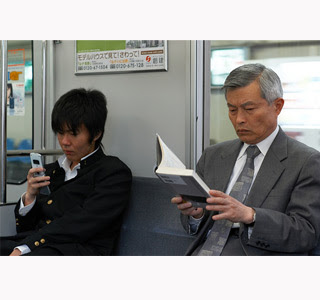New Release: My UN Commissioned Report on Innovation in the ICT's in Education sector

In February of 2016, I was approached by UNESCO to come up with a report to advise the UN Education Commission on the role of prizes in shaping innovation in the education sector. After months of research, and evaluation, I was thrilled to learn that the report made its way into the policy pathway. This paper was prepared for the International Commission on Financing Global Education. Basically, here is the executive summary for the report. If interested, click here to get access to the final report. The use of prizes to stimulate innovation in education has dramatically increased in recent years, but, to date, no organization has attempted to critically examine the impact these prizes have had on education. This report attempts to fill this gap by conducting a landscape review of education prizes with a focus on technology innovation in developing countries. This report critically analyses the diversity of education prizes to gauge the extent to which these new fund...


